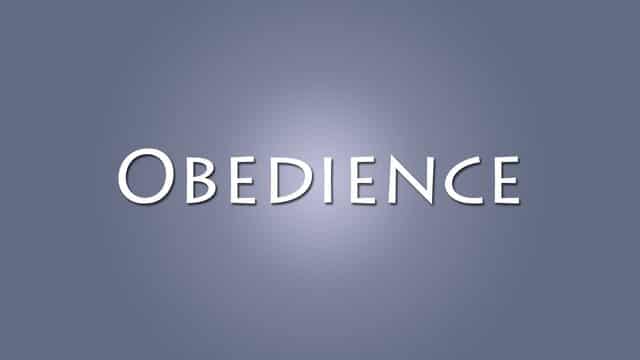In other to prepare us for a major theme we will study in the final portion of Psalm 19, consider this question: Why has God revealed himself in Scripture? In other words, what is the intention of his revelation based upon all those wonderful attributes of truth that we studied last week from Ps. 19:7-9? James Montgomery Boice points us in the right direction with these comments: The answer is that they all portray the Bible as words to be obeyed. That is how David viewed the Bible, as the Word of God to be obeyed. Because it is the Word of God, it was to be received by him (and others) as authoritative, inerrant, and absolutely binding.[1]
Yes, the Bible most definitely depicts the story of the world and the story of God’s glorious redemption, but the truths that the Bible contains must be conformed to in our minds and obeyed in our lives. We know from Heb. 4 that the word is living and active, working in God’s people by exposing and convicting us, even at the thought level. Furthermore, we can think of 2 Tim. 3:16 All Scripture is breathed out by God and profitable for teaching, for reproof, for correction, and for training in righteousness…
This begs the question: Do we come to to God’s life-giving, pure, eternal, righteous and trustworthy word saying: “I need to be taught, I need to be reproved, I need to be corrected and I need to be trained.” If we don’t have this expectation and desire for this work of God’s word to happen in our hearts, then we won’t experience the Spirit-empowered benefits of God’s revelation found in vv.7-9 of Ps. 19.
1] James Montgomery Boice, Psalms 1–41: An Expositional Commentary (Grand Rapids, MI: Baker Books, 2005), 171.

